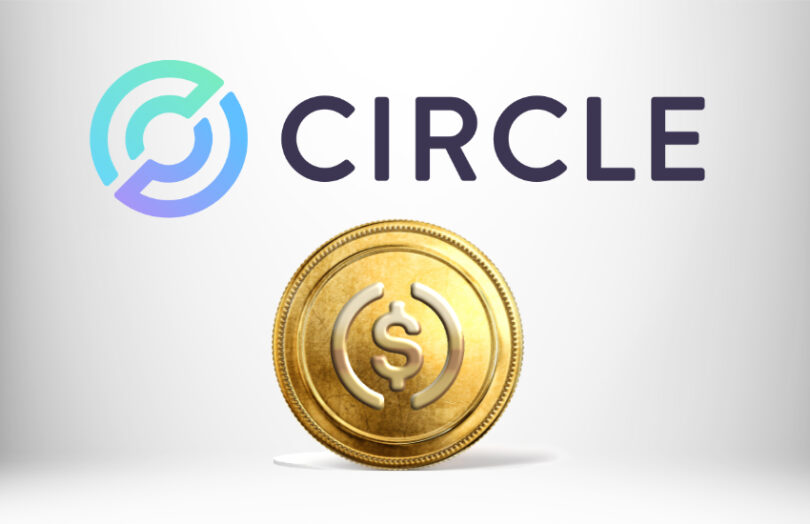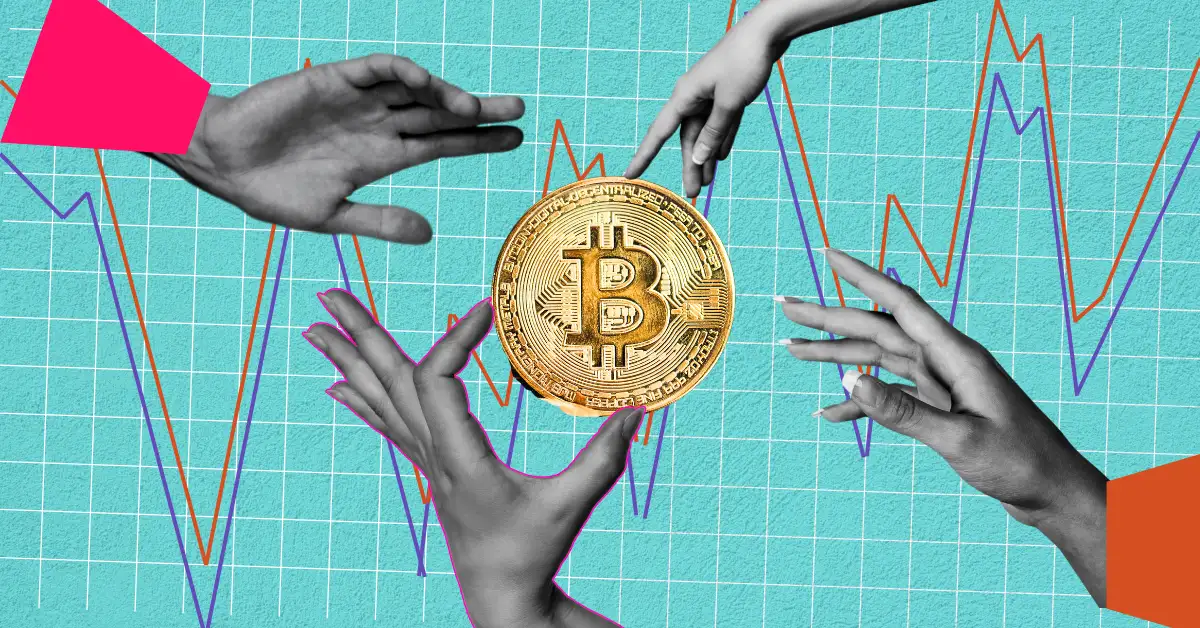Circle Launches USDC Integration, Opening Doors to Mobile-First Finance

Circle USD-pegged stablecoin, USDC, will be launching natively on the Celo blockchain, as announced by the Celo Foundation. Integrating USDC minting directly on the Celo blockchain will expand the use cases for real-world assets on the network. It will also enhance the convertibility of USDC into fiat currencies.
1/ Native $USDC is coming to @Celo!
Celo is a mobile-first and EVM-compatible blockchain network that’s built for the real world and designed for fast, low-cost payments worldwide.
Explore what native USDC on Celo means for the ecosystem. 👇https://t.co/ctUn9yWLDb
— Circle (@circle) January 30, 2024
USDC will join Celo’s native proof-of-stake governance token CELO, currently priced around $0.66, as the Celo blockchain transitions from being an Ethereum Virtual Machine-compatible layer 1 chain into an Ethereum layer 2 solution. The Celo community will be voting soon on a proposal to make USDC the gas currency for the entire Celo ecosystem.
Mento Lab has diversified its stablecoin solutions for the Celo Platform into cUSD as other options such as the CEuro, cREAL pegged to the Brazilian Real, and eXOF tied to the West African CFA franc. Celo, positioned to be part of the regenerative finance movement, is a carbon-neutral and mobile-first platform that wants to ensure user experience in emerging economies changes positively using mobile technology.
Circle USDC Integration with Celo
In September, the Opera web platform launched its MiniPay wallet on Celo, targeting African mobile phone users. Circle’s Senior Business Development Manager, Shamus Noonan, highlighted the significance of their partnership, emphasizing its role in expanding USDC access in regions where blockchain adoption is prominent.
Moreover, USDC integration on Celo expands access, enabling institutional and enterprise users to access the Circle Mint on/off-ramp. According to the Celo Foundation, this integration is expected to stimulate increased activity on Celo. USDC, holding the position as the second-largest stablecoin with a market cap of $26.5 billion, follows closely behind Tether’s $96.1 billion market cap. USDC filed for an initial public offering in the United States in mid-January.
Furthermore, Circle’s global reach continues to expand, achieving conditional registration as a virtual assets service provider in France in December. A previous collaboration with Japanese financial services firm SBI paved the way for introducing USDC in Japan. Since 2020, Circle has collaborated closely with global payments processor Visa. Their cooperation expanded to include USDC issued on Ethereum and Solana in September. Despite facing allegations, Circle has consistently denied any connections to money laundering.
Related Reading | Bitcoin Enthusiasts Celebrate as Google Embraces a Bitcoin ETF








